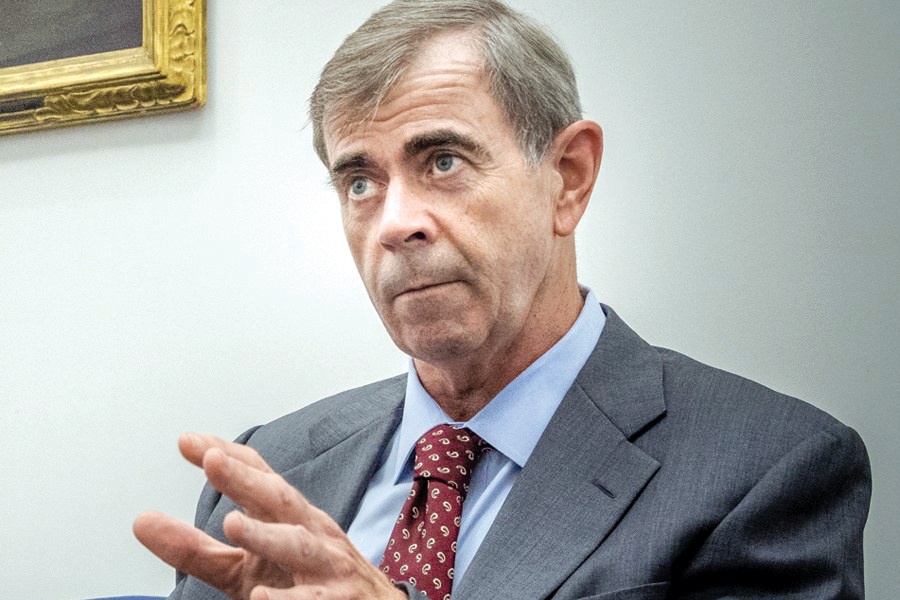T
he early bird doesn't always get the worm. Financial firms that moved quickly to prepare for full implementation of the
Department of Labor's fiduciary rule and now want to reverse those policies must move cautiously to unwind the changes on their books.
Until firms that adopted new policies to meet the DOL's rule reverse them, they must ensure their employees continue to follow them. That's the message in the enforcement action taken against Scottrade Inc. by William Galvin, Massachusetts' Secretary of the Commonwealth.
Although the DOL rule was recently
killed by the 5th Circuit Court of Appeals, Mr. Galvin has charged Scottrade with violating its fiduciary duty by ignoring the policies it had put in place to meet the DOL regulation's standards for impartial conduct.
His action, which continues despite the rule's death, alleges that Scottrade ran two sales contests between June and September 2017 — after it had put into place a policy that banned such contests because they might lead brokers to make recommendations that were not in the best interests of their retirement account clients. Parts of the rule went into effect in June 2017.
Mr. Galvin is persisting with his action against Scottrade, and as there is no federal rule to breach, he is seeking to have his case moved from the U.S. District Court of Massachusetts to state court, arguing that a firm's breach of its own policies has long been a violation under state law.
His action shows that even when a law appears to be dead and buried, its spirit can still haunt those previously subject to it.
There is no indication yet whether Mr. Galvin will succeed with his action against Scottrade, now part of TD Ameritrade, but the litigation is costly and a distraction to the brokerage firm's management. Should he succeed, it could encourage other states to take similar actions.
The Galvin crusade suggests the best course of action for firms that aligned their policies with the DOL rule, expecting it to go fully into effect, is to move carefully.
A number of firms took action to comply with the fiduciary rule and the best-interest-contract exemption so they could accept non-fee-based compensation. If firms decide to keep their new policies, they must make sure their staffs are fully trained on which practices are now acceptable and meet fiduciary standards, and which practices breach such standards.
If firms decide to repeal the new policies, they must ensure they do not create other avenues for legal actions by inadvertently breaching other laws or regulations.
In addition, the DOL likely will be paying close attention to whether companies are complying with the regulations that applied before it promulgated its ill-fated fiduciary standard.
Furthermore, there are reports the Labor Department is continuing to develop new regulations and guidance to deal with the brokerage industry's interaction with retirement plans falling under ERISA. The industry should work with the DOL to ensure that any new attempt at such regulation is compatible with the final version of the Securities and Exchange Commission's new advice rule.
Until the final SEC rule is promulgated and any new DOL rule is brought forth, the brokerage industry's best strategy is to instruct its brokers to always act in the best interests of their clients, especially ERISA-related clients, and be upfront about any real or perceived conflicts of interest.
The DOL's fiduciary rule might be dead, but its ghost hovers over the financial advice industry as brokerages decide whether they'll continue to move toward addressing conflicts with the investing public or revert to pre-rule days.







